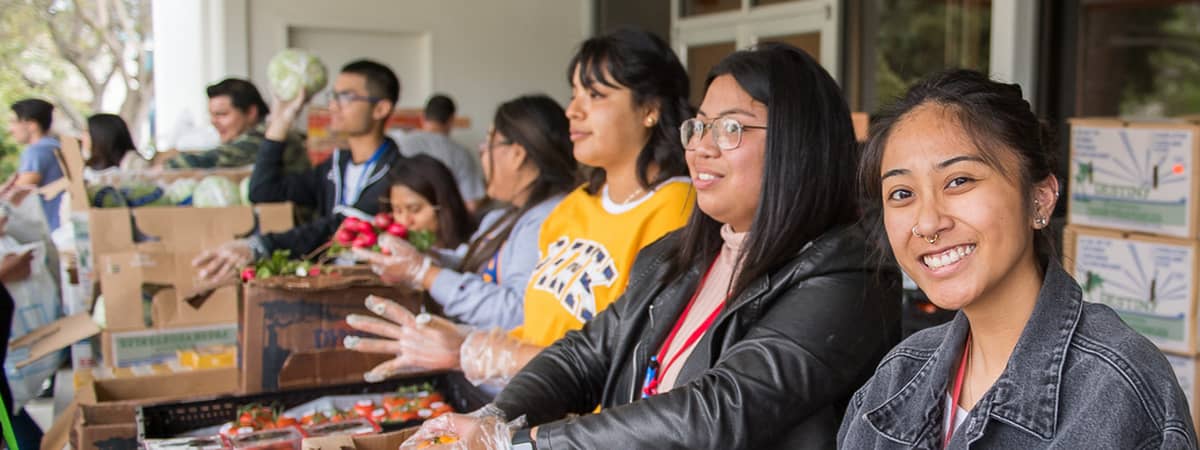Make a Difference with Human Services
Want to help youth, families, and those struggling with addiction? Turn your passion into a career in social services.
Human Services Program at Allan Hancock College
Choose from 15 degrees and certificates designed to launch or advance careers in:
- Mental health
- Addiction treatment
- Social work
- Substance-use prevention
Learn from licensed professionals and gain real-world experience through a field internship with a local agency.
What You’ll Learn:
- Counseling and case management skills
- Professional documentation practices
- Interpersonal communication
- Preparation for addiction treatment certification (CAADE/CAADAC)
Degrees and Certificates Offered
Each program has unique requirements. The order in which you take courses may affect your completion time. Visit the links below to view the program requirements and a general semester-by-semester course schedule.
Associate in Science- Human Services: General
ASSOCIATE IN SCIENCE - SUBSTANCE ABUSE AND TREATMENT STUDIES
Certificate of Achievement- Human Services: General
Certificate of Achievement- Human Services: Family Studies
Certificate of Accomplishment- Human Services: Family Services Worker 1
Certificate of Accomplishment- Human Services: Family Services Worker 2
Certificate of Accomplishment- Human Services: Family Services Worker 3
Certificate of Achievement- Human Services: Co-Occurring Disorders
Certificate of Accomplishment- Human Services: Advanced Helping Skills 1
Certificate of Accomplishment- Human Services: Advanced Helping Skills 2
CERTIFICATE OF ACHIEVEMENT - SUBSTANCE ABUSE AND TREATMENT STUDIES
To view all available degrees and certificates visit the Allan Hancock College course catalog.
Programs you may also be interested in exploring...
Contact Information
Department Chair
Roger Hall
805-922-6966 ext. 3427
rhall@hancockcollege.edu
Department Administrative Assistant II
Gia Guerrero
805-922-6966 ext. 3334
gia.guerrero@hancockcollege.edu
Dean, Academic Affairs
Monica Millard, Ph.D., RN
805-922-6966 ext. 5203
monica.millard@hancockcollege.edu
Location
Santa Maria Campus
Bldg. C, Rm. 28
805-922-6966 ext. 3732


